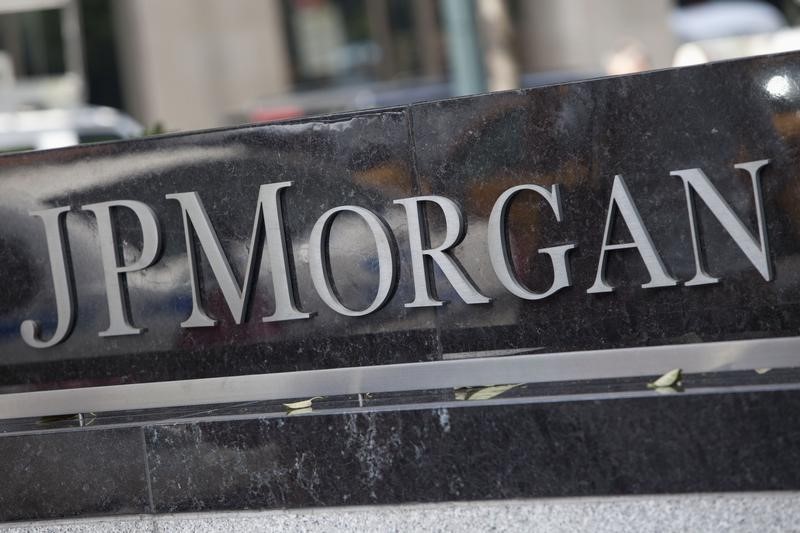By David Henry and Ross Kerber
DETROIT (Reuters) - Shareholders of JPMorgan Chase & Co (NYSE:JPM) narrowly approved on Tuesday the 2014 compensation packages for CEO Jamie Dimon and other top executives in a rebuke from investors over the bank's pay practices.
Only 61 percent of votes cast at a shareholders meeting were in favour of the compensation, which came under criticism by influential proxy adviser Institutional Shareholder Services. It said the board does not sufficiently link pay to performance and shareholder interests.
Dimon, 59, was paid $20 million for 2014, the same as for 2013. But 40 percent of his latest incentive bonus was in cash. The prior year all of his bonus came in stock. Among other things, ISS took issue with what it said was the lack of a compelling reason for shifting more of the bonus to cash.
Lead independent director Lee Raymond said at the meeting that the board's method of setting pay properly aligns incentives for executives. But he added the board is mindful of other opinions and is looking for ways to improve its practices.
Companies have been required since the financial crisis to hold so-called "say-on-pay" advisory votes by their shareholders.
Last year, pay practices at 92 percent of some 2,545 companies received endorsements from at least 70 percent of votes cast, according to research by compensation consulting firm Semler Brossy.
Francis Byrd, an independent corporate governance analyst, said, "As a practical matter, JPMorgan is going to need to do more work with their top investors on executive compensation."
The company changed its justification for Dimon's pay from year to year, citing shareholder returns for 2013 and company financial performance for 2014, ISS said.
Directors said in the proxy report for the meeting, that it is better that they be flexible in setting pay rather than follow a formula that could be too restrictive for the diverse operations of the company.
A proposal from a shareholder calling for the board to separate the post of chairman and chief executive, but possibly not until Dimon is no longer CEO, received 36 percent of votes cast.
The result was higher than the 32 percent who voted for a similar measure in 2013. In that vote, some investors feared the proposal would prompt Dimon to leave the bank if it passed.
